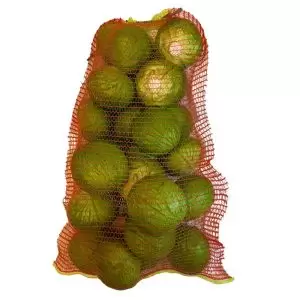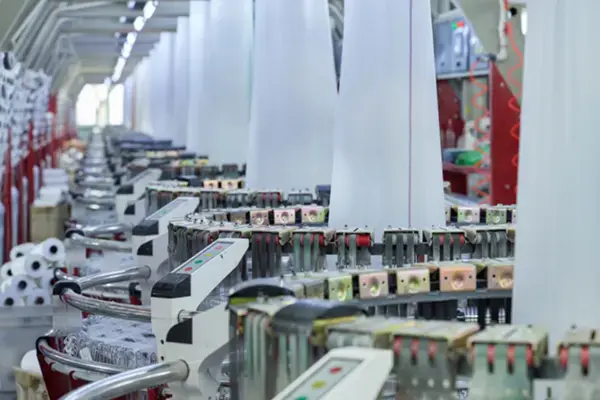In today's world, environmental sustainability has become a pressing concern. As consumers, we have the power to make choices that can positively impact the environment. One such choice is to switch from single-use plastic bags to reusable produce bags. These bags are specifically designed for carrying fruits and vegetables, and they offer numerous benefits for both the environment and our daily lives. In this article, we will explore how reusable produce bags can benefit the environment and why making this switch is a step towards a greener future.

Reducing Single-Use Plastic Waste:
One of the most significant advantages of using reusable produce bags is the reduction of single-use plastic waste. Single-use plastic bags have become a major environmental problem due to their non-biodegradable nature. These bags take hundreds of years to decompose, and during this process, they release harmful toxins into the environment. By opting for reusable produce bags, we can significantly reduce the amount of plastic waste that ends up in landfills or pollutes our oceans.
Conserving Natural Resources:
The production of single-use plastic bags requires a significant amount of natural resources, including fossil fuels and water. By choosing reusable produce bags, we can help conserve these precious resources. Reusable bags are typically made from sustainable materials such as organic cotton or recycled plastics, which require less energy and water to produce. Additionally, these bags can be used multiple times, reducing the need for continuous production and further conserving resources.
Preventing Wildlife Harm:
Plastic waste poses a severe threat to wildlife. Animals often mistake plastic bags for food, leading to ingestion and suffocation. Marine animals, in particular, are highly vulnerable to plastic pollution, as they mistake plastic debris for prey. By using reusable produce bags, we can minimize the risk of wildlife harm and contribute to the preservation of biodiversity. These bags are sturdy and less likely to tear or end up in natural habitats, ensuring the safety of wildlife.
Promoting Sustainable Agriculture:
Reusable produce bags not only benefit the environment but also promote sustainable agriculture practices. Traditional plastic bags can trap moisture, leading to rotting and wastage of fresh produce. In contrast, reusable bags allow fruits and vegetables to breathe, ensuring their freshness and longevity. This reduces food waste and encourages sustainable farming practices by supporting local farmers who prioritize organic and environmentally friendly cultivation methods.
Encouraging Conscious Consumerism:
Switching to reusable produce bags is a simple yet powerful way to practice conscious consumerism. By making this choice, we send a message to retailers and manufacturers that we value sustainable alternatives and are willing to make a change for the betterment of the environment. This encourages businesses to adopt more eco-friendly practices and invest in sustainable packaging solutions.
The benefits of using reusable produce bags are undeniable. By reducing single-use plastic waste, conserving natural resources, preventing wildlife harm, promoting sustainable agriculture, and encouraging conscious consumerism, these bags play a crucial role in creating a greener future. As consumers, we have the power to make a positive impact on the environment through our everyday choices. By choosing reusable produce bags, we not only contribute to a cleaner and healthier planet but also inspire others to follow suit. Together, we can make a difference and create a more sustainable world for generations to come.








